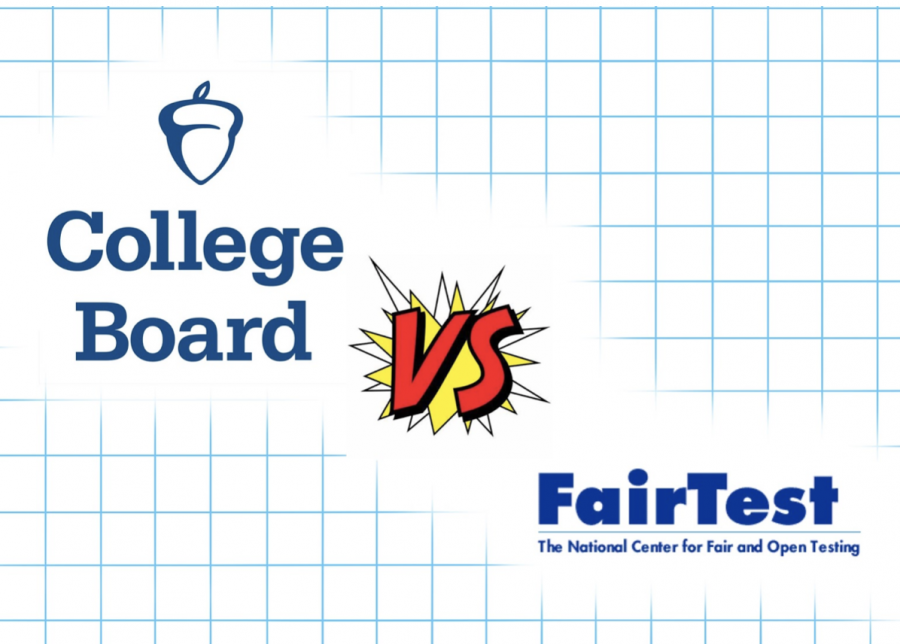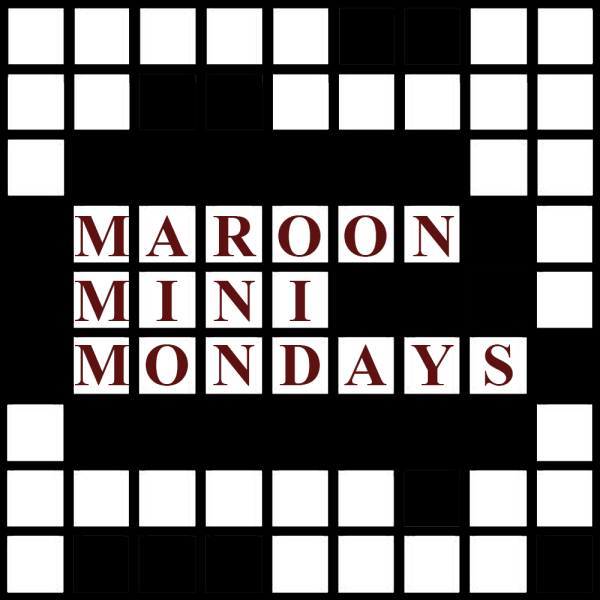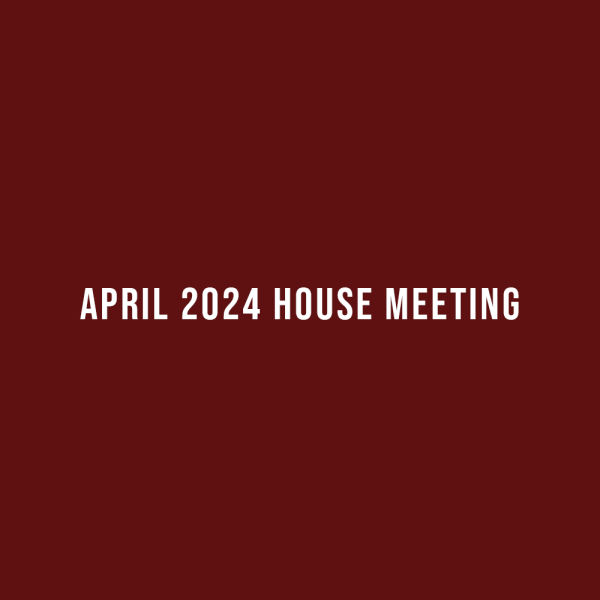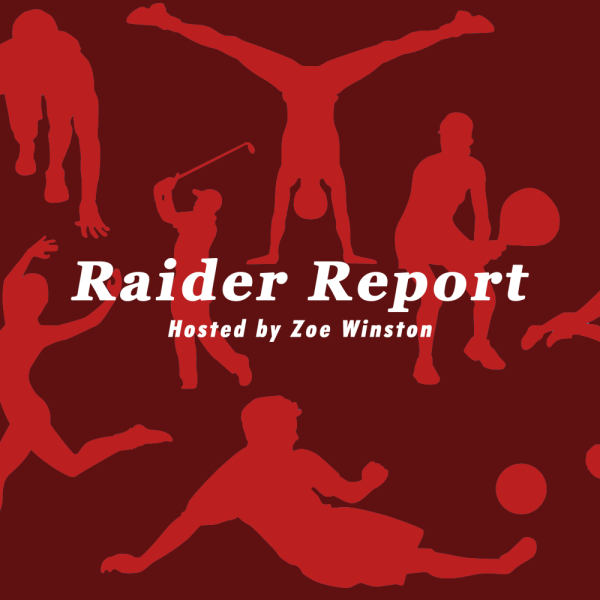Critiques of the College Board: Students Sue Over AP Exams
Class-action lawsuit filed against the College Board over student disadvantages during AP tests.
Introduction
On May 19, 2020, during the second week of 2020 AP testing, FairTest, an organization dedicated to keeping standardized testing fair, filed a lawsuit regarding the AP tests against the College Board. College Board is a non-profit organization that runs the SAT and AP testing programs every year. Due to the national stay-at-home policy, AP tests were scheduled to be taken at home. FairTest claims that the College Board failed to uphold its promise to make all of its standardized tests fair and accessible for all students.
Throughout the first testing week, many students complained about technical difficulties when submitting their answers. College Board’s accommodations for disabled students have also been criticized and are said to be in violation of the Americans with Disabilities Act. In addition, the tests were shortened down to only 45 minutes instead of the usual three hours. Many have questioned the grounds for this form of testing.
The Major Contents of the Lawsuit
One of the main issues described by the lawsuit was the College Board’s violation of the Americans with Disabilities Act. For example, blind students had problems perceiving all of the graphs on the tests and argued that they were not adequately accommodated. While in normal testing facilities braille forms of the test and graphs would have been distributed, this year, adaptive technologies were not provided by the College Board. Blind students were instructed to use their own equipment or have a family member read their test to them. This may have hindered their ability to interpret graphs and problems efficiently, and could also have resulted in unregulated help from a family member or assistant during the test.
Another issue was the lack of attention for the students who were not able to submit their tests in the first week of testing. As a result of technical difficulties, many test-takers were not able to submit their answers properly. Even after taking pictures of their answers and explaining the situation to the College Board, they were told to take the test again in June to “protect the security and validity” of those exams. “I have a friend who took the [APs this year], and he has to take a make-up test because the submit button wasn’t working. I can only imagine how much stress and anxiety he was going through at that moment. It’s just not fair to the students,” said Karen Lee ‘21, an SHS junior who recently took the AP Computer Science A test. Though the College Board cannot be held responsible for every internet connection issue, the plaintiffs assert that the bugs in their submission system should at least have been rooted out before releasing the tests. The lawsuit demands that the College Board score those tests instead of requiring a re-take, though with precautions against cheating. In anticipation of June testing, the College Board has provided an email option to students who have technical difficulties submitting answers. However, nothing was done to ameliorate the situation of those students who had submission problems in May.
Yet another concern is that of students who had special circumstances and were at a disadvantage when taking the test. This includes international students, who were forced to wake up in the early hours of the morning or stay up late at night (e.g. 12 AM, 2 AM, and 4 AM in Asia) to take their tests. This category also contains underprivileged students who do not have access to the internet or proper devices. These students were not properly accommodated as the College Board failed to properly confront and solve these issues. Because of this, various students took to social media to complain about insufficient compensation for their circumstances.
Other grievances included factors regarding test-taking at home and the logistics of the 2020 AP tests. A common complaint regarded a lack of focus prompted by a noisy testing environment. “I need a quiet space around me [in order to test] and I have a sibling who is very loud at times, also I live in quite a tight neighborhood. […I had a] neighbor who was throwing some kind of party right in the middle of my test. For AP Comp Sci, we have two questions and right after the first [question] I heard a bunch of [party] music and it was really irritating for me.” said Lee. In addition, the plaintiffs protested that such a short testing period and a limited amount of questions could not accurately assess students’ understanding of the entire course.
Whether the College Board deserve retribution is up to the courts, but it is clear that the College Board has gathered much criticism from the 2020 AP tests. “Standardized tests [are] rooted in prejudice [… and this] distinction [has been made] very clear with this pandemic with those who don’t have the resources and those who do,” Lee concluded.













